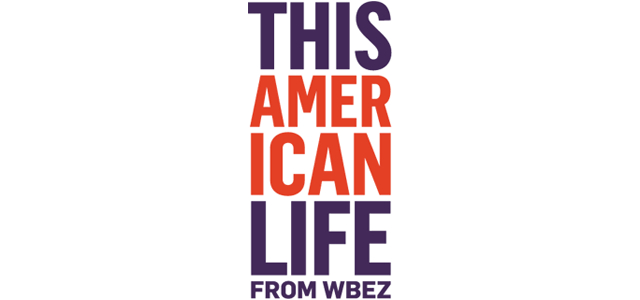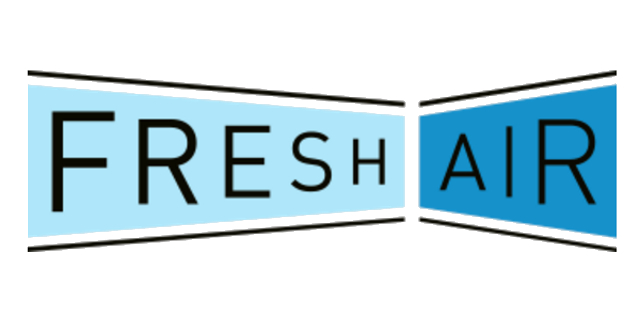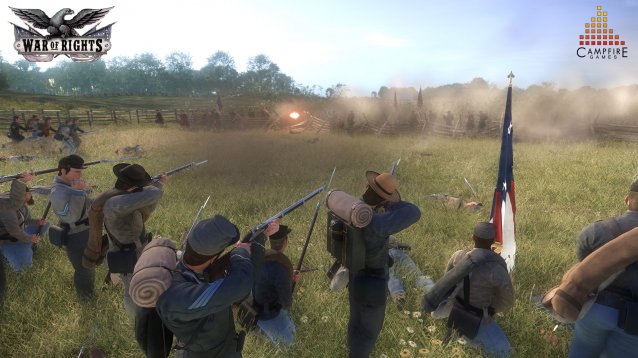

I don’t like podcasts.
That’s just the way it is. They’re too slow, the artsy music and sound effects drive me nuts, and a lot of them just feel like they don’t have a point.
Maybe I’m old-fashioned, but I will not listen to podcasts. My wife does, so I do hear some really great podcasts on occasion, but I never seek them out on my own.
And I know I’m not alone. There are a lot of people out there who feel the same way.

Just because we don’t want to listen to podcasts, though, in this article, I’ll give you some recommendations for written alternatives to seven of the most popular podcasts on the air right now. Be sure to share your favorite alternatives (or requests for new alternatives) in the comments below!

This American Life, the most popular podcast in the country (when Serial isn’t on), focuses on telling true stories that don’t get told anywhere else. Sometimes they’re related to current events, sometimes they’re perspectives that aren’t represented in the mainstream media, and sometimes they’re just stories that are interesting. If I had to classify This American Life, I’d call it creative non-fiction.
Which is exactly what Hippocampus magazine is all about. Memoirs, essays, book reviews, interviews, all presented with a flourish that makes you appreciate the artistry of writing and storytelling. The Atlantic, though it has less of a creative focus, presents stories that open your eyes to new things in the world. And Creative Nonfiction sums it up with their tagline: “True stories, well told.”

Ah, Serial. The surprise smash hit of the century. It combines true crime with mystery, interviewing and reporting with speculation, professional investigation with amateur snooping. To be honest, this show is unique. If you like Serial, the best thing to do is probably listen to Serial. But that doesn’t mean there aren’t good things to read out there that are similar!
io9’s True Crime section is a good place to start. It’s less mysterious than Serial, but the fact that it’s all taken from real life makes it a fascinating, and sometimes disturbing, read.
The Unsolved Mysteries sub-Reddit is a great place to see what people are wondering about and the issues that are evading explanation. Neither of these will string you along like Serial does, but because the seasons are short and far between, they should be good resources to keep you learning.

No written medium will blend information and sound like Radiolab, but there are definitely sites out there that will help you learn fascinating things about science. While not everything that you hear on Radiolab is related to science, that’s a good portion of it, so that’s what we’ll focus on here.
Zidbits seeks to answer the questions that you have about science, health, and an assortment of random facts. Ever wonder if hot water really freezes faster than cold, or why nothing can go faster than the speed of light? Zidbits is for you.
The Wired science blogs are also a great place to learn a lot of really fascinating new information that includes the science of science fiction as well as leading-edge research.

Terry Gross talks with some of the most interesting people out there, including authors, editors, poets, historians, filmmakers, music critics, actors, and just about anyone else you can think of. Fresh Air is a great way to find out what’s going on in the world and what people are doing to influence it.
If you want to know more about people, then Interviewly is a great place to get started. It takes Reddit AMAs and presents them as more traditional interviews, making them easier to read.
Interviews with Interesting People has the same idea; it’s not clear if the site is still being updated, but there are a lot of great reads available.

Want to know how economics works and see the weird ways in which money affects our world? Planet Money looks into things that are complex, simple, serious, or goofy, as long as they have something to do with money, the economy, or consumers. It doesn’t focus much on personal finance, but you can definitely learn useful things to help your budget.
The Equitablog from The Washington Center for Equitable Growth covers a lot of important issues to anyone interested in the economy. Stories about the gig economy, the Earned Income Credit, the Affordable Care Act, and healthcare spending have all appeared in the past two days; this is a very productive blog.
Another very productive blog is Barry Ritholtz’s The Big Picture, which tackles a range of issues related to economics.

Stuff You Should Know focuses on exactly what the title implies — interesting stuff that you should know. Whether it’s about history, science, psychology, or interesting people, this show is all about learning, and it will definitely make you a more educated person (at least when it comes to semi-useful facts).
One of the best e-newsletters out there is Now I Know by Dan Lewis; it’s a daily newsletter that focuses on one fascinating fact or story. It’s pretty short, easy to read, entertaining, and always extremely interesting. You should sign up regardless of whether you listen to Stuff You Should Know.
Today I Found Out is a website with very much the same idea — help people learn about interesting things (even if you didn’t know they were interesting before).

Design is everywhere in our lives, but we rarely notice it. It can make things easier, more difficult, more peaceful, more hectic, more beautiful, or uglier, and you probably never stop to think about it. 99% Invisible is trying to change that by highlighting great design in the world and exploring how it affects us.
The first blog I have to point out here is Colossal, a fantastic look at design in its largest and smallest forms. It contains tons of high-quality photos of breathtaking design that will get you thinking about why things look the way they do.
Dezeen and Contemporist also focus on architecture, while The Design Blog showcases all sorts of things, from packaging to signage to clothing.
Of course, no website or blog will ever fully replace a podcast; each show is shaped and driven by a unique crew of people that give the novel approach to its topic area. But these blogs and websites can help you learn a lot about the things you’re interested in if you don’t like listening to podcasts. There’s something out there for everyone — it just takes a bit of searching to find it.
And if you are a fan of podcasts, be sure to check out these great literary podcasts, awesome gaming podcasts, and podcasts about productivity.
What are your favorite podcast-alternative places to read online? Which podcasts would you love to find alternatives to? What have you found that seems irreplaceable? Leave a comment below so we can all find something great to read!
Image Credit: Pile of tiles by cherezoff via Shutterstock, Arina P Habich via Shutterstock.com.




 The Best New Android Apps Released in 2015
The Best New Android Apps Released in 2015 4 Nintendo 3DS Games Coming In 2014 That You Should Play
4 Nintendo 3DS Games Coming In 2014 That You Should Play Think Flash Is the Only Insecure Plugin? Think Again
Think Flash Is the Only Insecure Plugin? Think Again Agarest: Generations of War 2 Combat Guide - How to Claim Victory
Agarest: Generations of War 2 Combat Guide - How to Claim Victory Fallout 4 Guide: Stuttering Fix for PC
Fallout 4 Guide: Stuttering Fix for PC